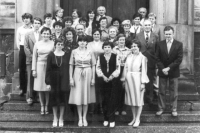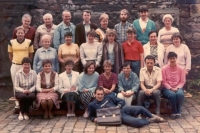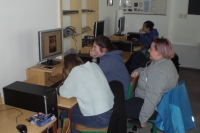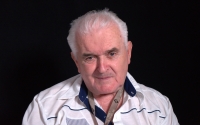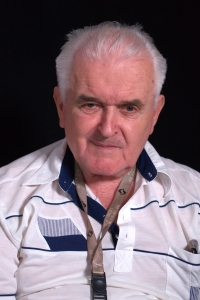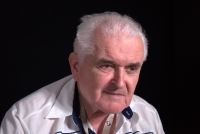I didn’t hate the Germans.
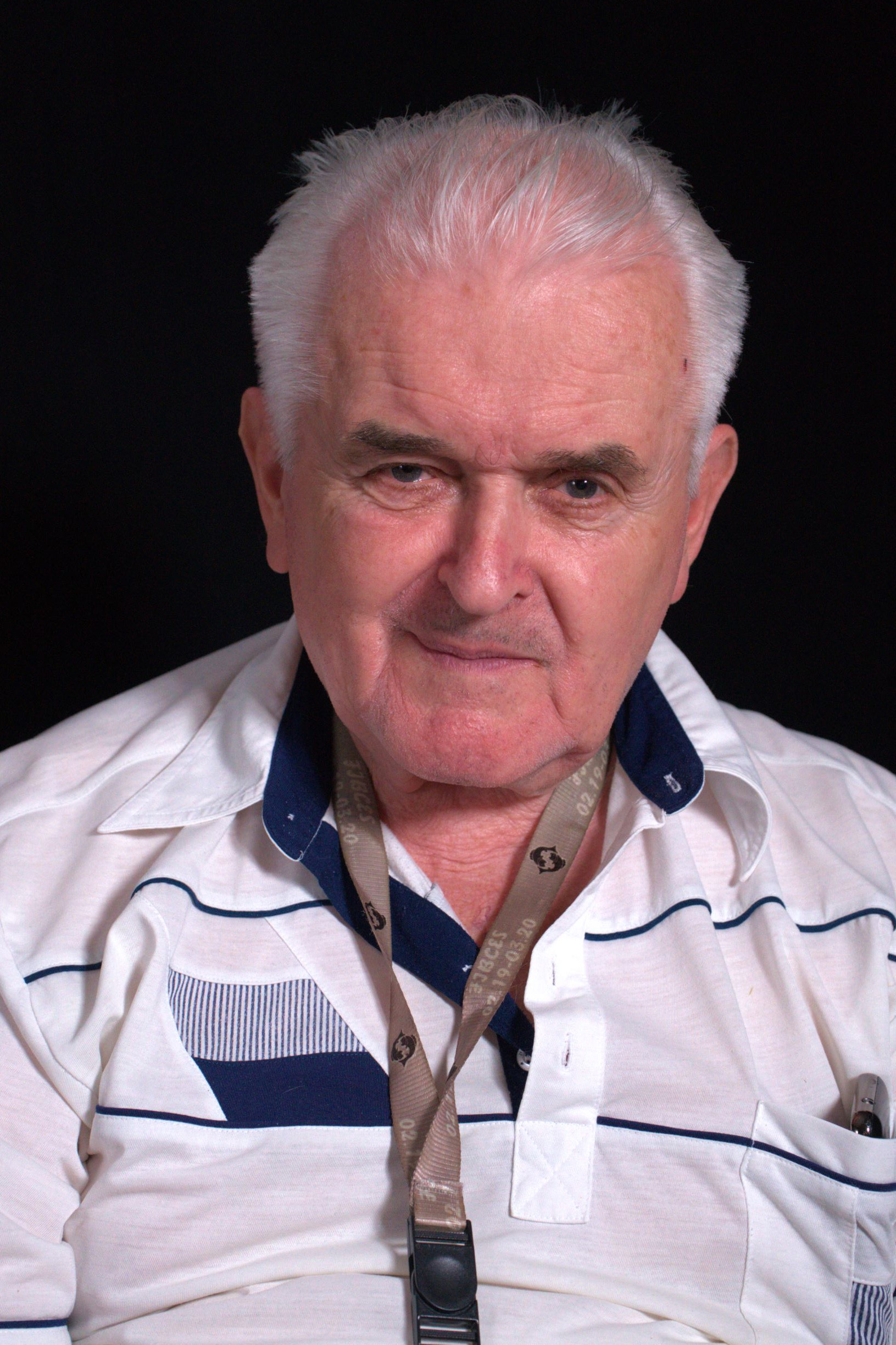
Download image
Jindřich Novotný was born on 22 June 1940 in Velké Poříčí near Hronov. His father worked in a textile factory in Malé Poříčí and during the Second World War he was forcibly deployed in the then German Reich. He remembers the liberation by the Soviet army in 1945 and the fighting on the border in nearby Běloves near Náchod on 9 May 1945. Before that, he also saw impoverished prisoners being led by soldiers, probably from a concentration camp in what is now Polish territory. In 1945, he moved with his parents to Broumov, where his father took a job as foreman in a spinning mill, where mostly Germans had previously worked. In September 1946, he went to the boys’ municipal school and then to the so-called eleven-year school. After that he graduated from a two-year higher pedagogical school in Prague, with a degree in history, civics and geography. He started teaching in Police nad Metují, and after the war he started teaching at the school he himself attended. In November 1959, he enlisted in the army in Janovice nad Úhlavou and served on the western border, experiencing increased combat readiness during the so-called Cuban and Berlin crises. He survived the invasion of Warsaw Pact troops in August 1968 in Broumov, where cargo planes with military equipment flew over and Polish soldiers drove tanks towards Náchod. Until his retirement he taught at the primary school in Broumov, where he still lives. He and his wife raised three sons. In 1996 he had a heart attack in the street and his life was saved by a random passer-by. Since 1999 he has been involved in writing the Broumov Chronicle. In July 2023 he was living in a home for the elderly in Broumov.
